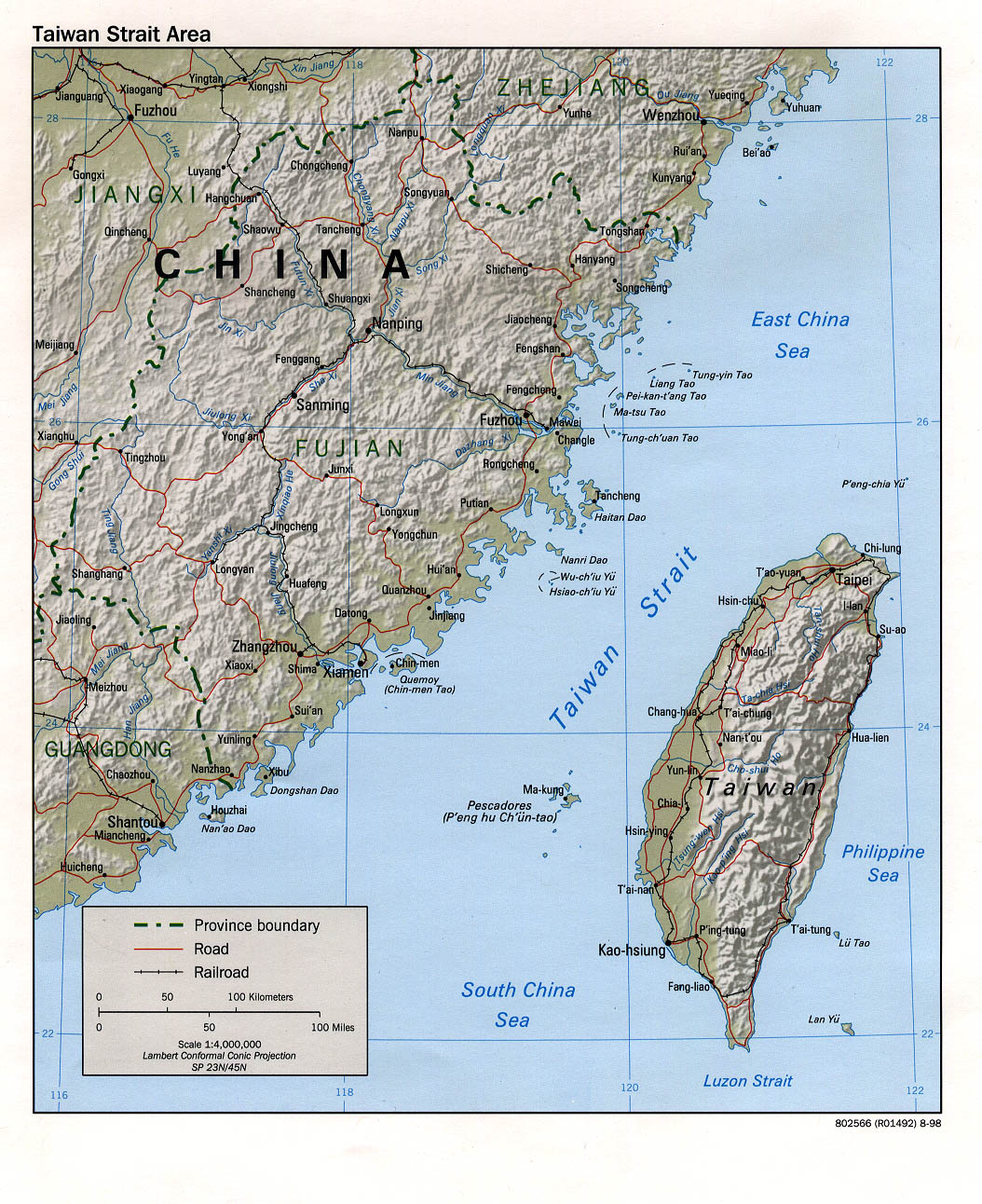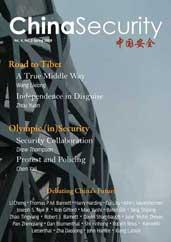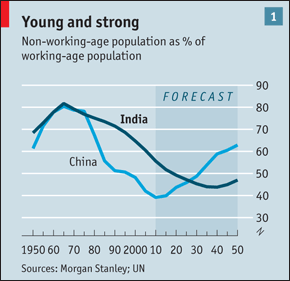Trying to unwind this demonization trend
 Saturday, November 6, 2010 at 10:10AM
Saturday, November 6, 2010 at 10:10AM  Another John Milligan-Whyte and Dai Min piece in China Daily on how to--in my words--slow down this demonization trend on China here in the States. I cite it because my WPR column on Monday is exactly about the trend.
Another John Milligan-Whyte and Dai Min piece in China Daily on how to--in my words--slow down this demonization trend on China here in the States. I cite it because my WPR column on Monday is exactly about the trend.
How can China end America's relentless 60-year-old policies of arming Taiwan? Deng Xiaoping's policy is to let time take care of currently irresolvable disputes . . . Half a century after the Cuban Missile Crisis almost escalated into World War III, Cuba has never been invaded. America has not relented in its regime change policies toward Cuba. But President Kennedy agreed with General Secretary Khrushchev that America would never invade Cuba. As a result the USSR stopped dangerously arming Cuba's reaction to America's regime change policies.
That's actually a smart twist on what I wrote in "Blueprint" about trading the Taiwan scenario for a better strategic understanding with China ("locking in China at today's prices"):
- President Hu announces clearly in communications with President Obama that under no circumstances will China invade Taiwan militarily or seek to force its unification by arms; and in return for that memorandum of understanding
- the administration works to repeal the 1979 Taiwan Relations Act and its provisos about arming Taiwan and always maintaining a military capability to defend it.
- Once the act is repealed, the U.S. and Taiwan and China enter into trilateral security talks to de-militarize the situation (or better yet, have ASEAN host because that's the closest thing in the region to an alliance of sorts), but the Taiwan-Chinese political and economic relationship remains theirs and theirs alone to discuss.
Tell me that's not a better than the arms race we've got with the Chinese on the subject, or the one both sides fuel in the region (China with behavior, the US with arms transfers)?
Next up:
What can China do about American and South Korean continuous naval exercises each month projecting America's military power in the Yellow Sea? Deng Xiaoping's policy is that China should be unaligned in hostilities between nations, and always aligned with peaceful coexistence. China broke off military exchanges in reaction to the Obama administration's sale of military equipment to Taiwan when cross-Straits relations are improving. Now the Obama administration very much wants such military cooperation and exchanges. China should return to peaceful coexistence protecting policies. How? China's navy should join the American and South Korean naval exercises in the Yellow Sea. China also should continue to take a neutral position on the regional disputes such as the recent warship sinking event of South Korea.
Fine and dandy. I don't think we should be in the business of military exercises in the region where China is excluded. The whole point of those things nowadays is outreach more than improving operations. Break down the walls.
Now for the South China Sea:
What can China do about having jurisdictional disputes with its neighboring countries which have now been complicated by China and America asserting conflicting "vital national interests" in the South China Sea? How can China put jurisdictional disputes back into their normal peaceful mode? China and the nations that it has jurisdictional disputes with can form a joint development corporation called "South China Sea Joint Development Corporation" to economically develop the disputed areas peacefully. It is easier to negotiate the size of each participating nation's investments, responsibilities and share of the profits of such a corporation with multinational win-win policies. The joint development corporation approach avoids the zero sum game ownership disputes during which no nation can safely develop the economic benefits nor safe guard its national pride and interests in the disputed areas.
On February 22, 1984 Deng Xiaoping discussed what now for decades have been China's successful solutions to the Taiwan and Hong Kong sovereignty issues with the Center for Strategic and International Studies. He said, "I have also considered the possibility of resolving certain territorial disputes by having the countries concerned jointly develop the disputed areas before discussing the question of sovereignty. New approaches should be sought to solve such problems according to realities."
Nowadays, The Center for Strategic and International Studies and other leading American think tanks should carry out the study Deng's proposal and present it to American policymakers and the American people. The Center for America-China Partnership and leading Chinese think tanks will help it do so.
That, to me, is an offer worth taking up. Beats declarations of interest that only heat the situation up further with no outlet revealed. Get the eggheads on the case, drag it out for months so everyone can have their say, run a few get-acquainted mil ex's in the meantime. Work the thing for a real solution instead of gamesmanship.
It's all naive BS until somebody gets off their rear-end and actually does it. Then it's big-time statesmanship.
Nice piece.
Of course, if China really wants to stop the demonization trend, Beijing needs to swallow hard on the Nobel Peace Prize and give up on that squelching effort. It's crude and won't work with anybody and just makes China look weak and scared.
I should acknowledge that John's and Dai's Center for America-China Partnership will be hosting me in Beijing and elsewhere for a stretch of time next month.









































